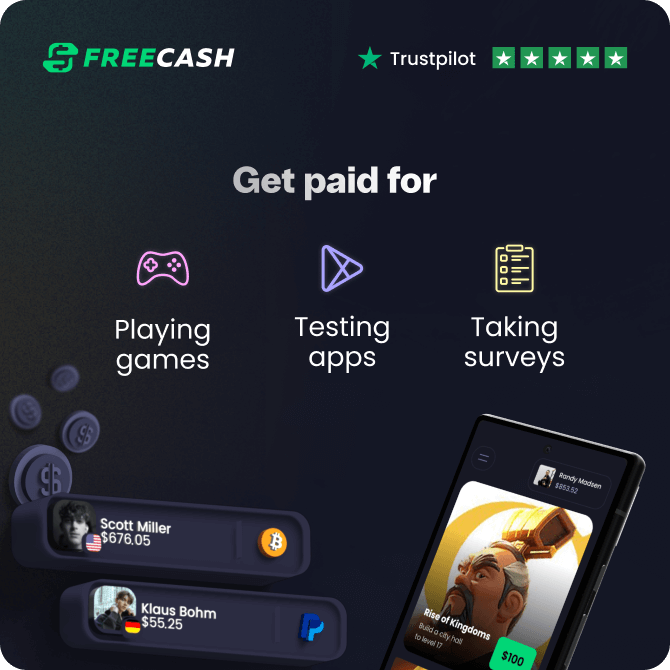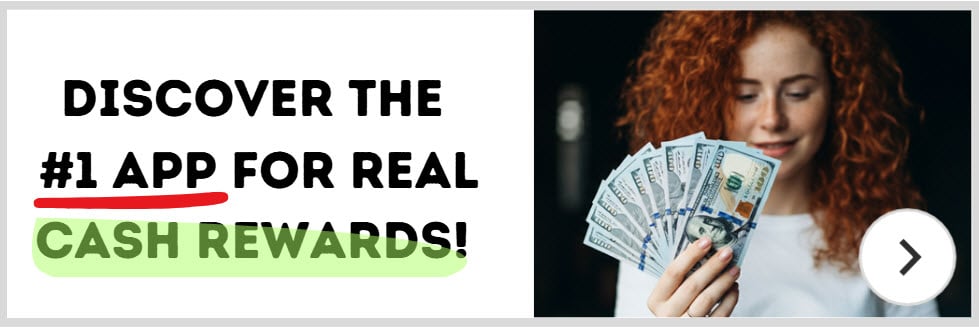Let me tell you a hard truth: a lot of those “get paid to play” mobile games you see in ads aren’t just lying to you about the money—they’re also quietly harvesting your personal data.
It might not sound scary at first. You might think, “So what if they know my name?” But in the wrong hands, your data is like gold—and you’re giving it away for free.
What Is Data Harvesting?
Data harvesting is the practice of collecting as much information about you as possible—sometimes legally, often sneakily.
Legitimate apps might ask for your data to “improve your experience.” Shady ones—like many fake cash games—ask for your data for one reason: to make money off you.
These apps may promise you $500 for popping bubbles or matching tiles, but behind the scenes, they’re building a profile of you: your age, gender, device ID, location, email, and even banking info if you fall for their “withdraw your money” screen.
How Fake Cash Games Trick You
Here’s a typical pattern I’ve seen over and over again:
- Eye-catching ads show someone “earning $200 in five minutes.”
- The game is ridiculously simple and rewards you with fake money very quickly.
- You reach a point where they say, “Withdraw your $100 now!”—but you need to give your full name, PayPal, or bank info.
- You’re also forced to watch ad after ad, raking in money for the developers with every click.
- Then come the delays: “Processing your withdrawal… 5 days left… now watch 20 more ads…”
This is all a distraction while they collect data and profit from your attention.
What Kind of Data Are They Collecting?
Even if you never give them your bank details, many of these apps are still collecting:
- Your location (via GPS or IP address)
- Your contacts (some ask for this directly!)
- Your device ID and app usage
- Advertising IDs, used to track you across apps
- In some cases, your full name, age, and financial details
They may also ask for permissions they absolutely do not need—like access to your microphone or storage.
Ever wonder why a puzzle game wants access to your files? That’s a red flag.
Why This Is Dangerous
Think about this: if an app knows your location, device ID, habits, and identity, it can sell this information to shady data brokers.
These brokers combine your data with other leaks—maybe from a past Facebook breach or an online retailer—and suddenly, your entire digital identity is up for sale.
Some risks include:
- Targeted scams: Phishing emails or texts tailored just for you
- Identity theft: If enough pieces line up, someone could open accounts in your name
- Endless spam and robocalls
- Reputation damage: Sensitive info might be exposed without your knowledge
Worst of all, you agreed to it. Buried in the fine print was permission for them to do this.
Real-World Example

This reward platform is going viral! Cash out via PayPal, Visa, Gift Cards, and in-game currencies - Click here to find out how to generate an extra $10+ per day!
One fake cash game asked users to provide payment details for withdrawal and collected exact location and email info.
After weeks of “processing,” players got nothing. Meanwhile, those emails were added to spam databases, and some users reported getting fake PayPal login pages (phishing attacks) in their inbox.
Another game even required users to sign in with a Google account—granting access to calendar and contact data.
For a game about stacking fruit? There’s no justification for that.
How You Can Protect Yourself
You don’t need to be a cybersecurity pro to stay safe. Here’s how you can protect your data:
1. Don’t Trust Unrealistic Rewards
If a game says you’ll earn $500 just by playing for a few minutes, it’s not a game—it’s bait. These fake cash apps are designed to exploit hope and financial desperation.
2. Check the Permissions
Before installing an app, look at the permissions it requests. A simple game should not need access to your camera, mic, contacts, or location. If it does, skip it.
3. Read the Reviews (Real Ones)
Many fake games pay for fake 5-star reviews. Look for detailed user experiences, especially 1- and 2-star reviews. That’s where the truth usually lives.
4. Avoid Inputting Personal Info
Never give your full name, address, or banking details to a mobile game. No legitimate app needs that to “send you money.”
5. Use a VPN and Privacy Tools
A VPN can help mask your location and IP address. Privacy-focused browsers like Firefox and tools like DuckDuckGo or AppCensus should also be considered to check app safety.
6. Use a Secondary Email
Create a throwaway email for apps and games. That way, even if your info is harvested, your primary inbox remains untouched.
7. Install Antivirus or Security Software
Many mobile security apps can scan for malicious behavior and warn you if an app is known for shady practices.
Final Thoughts
The fake cash game scam is about more than disappointment—it’s about exploitation.
These developers know that financial hardship makes people more willing to click.
They trade on your hope, and in return, they steal your time, data, and privacy.
No app is truly “free.” If you’re not paying with money, chances are you’re paying with your time or, worse, your data—and that can cost you far more in the long run.
Be skeptical. Be cautious. And most of all, be informed.


